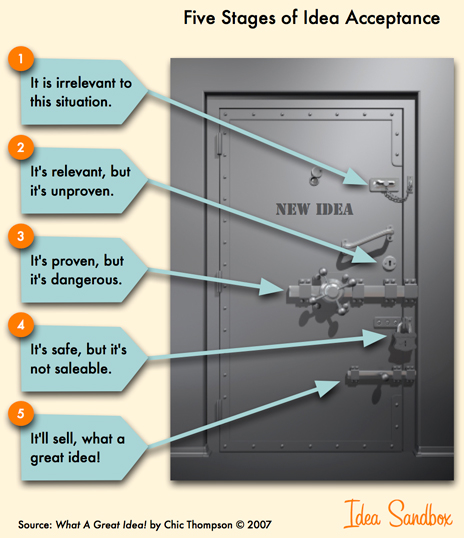Personal Design Kaizen: 15 Tips for your continuous improvement
 Alphachimp
Alphachimp  Monday, September 28, 2009 at 9:06PM
Monday, September 28, 2009 at 9:06PM Kaizen (改善) means "improvement" — "kai" (改) means change/make better, and "zen" (善) means good — but as the term is used as a business process it more closely resembles in English “continuous improvement.”
Kaizen is one of the keys to the steady improvement and innovation found at successful companies in Japan such as Toyota. Says Matthew May, in his book The Elegant Solution: Toyota’s Formula for Mastering Innovation, “Kaizen is one of those magical concepts that is at once a philosophy, a principle, a practice, and a tool.”
Though Kaizen is a tool used by corporations to achieve greater innovation, productivity, and general excellence, it’s also an approach, an approach that we can learn from and apply to our own lives as we strive for continuous improvement on a more personal level. We can call this “Personal Kaizen.” Others have applied the personal kaizen approach to personal efficiency or GTD. You too can take the spirit of kaizen and apply it to your own unique personal kaizen approach to improve — step-by-step, little-by-little — your design mindfulness, knowledge, and skill. READ MORE >>







